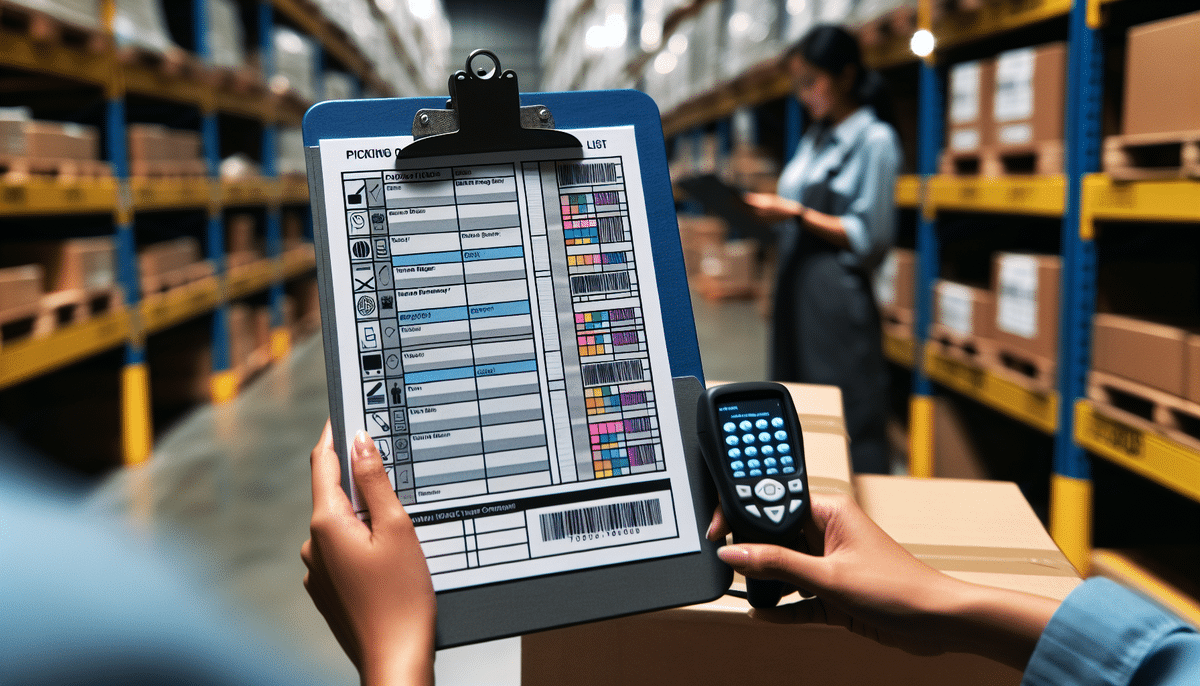5 Tips for Choosing the Right Fulfillment Partner for Your Business
As an e-commerce business owner, selecting the appropriate fulfillment partner is pivotal to your long-term success. The right partner can enhance operational efficiency, elevate customer service quality, and positively influence your bottom line. This article outlines five essential tips to guide you in choosing the perfect fulfillment partner tailored to your business needs.
1. Understand the Importance of a Reliable Fulfillment Partner
Choosing the right fulfillment partner is one of the most critical decisions for your e-commerce business. A competent partner handles inventory storage, order picking and packing, and shipping to customers. This partnership can significantly affect your ability to scale, improve customer satisfaction, and manage costs effectively.
- Efficiency: A good fulfillment partner streamlines your operations, ensuring timely deliveries.
- Customer Satisfaction: Accurate and swift order fulfillment leads to happier customers.
- Cost Management: Proper fulfillment can reduce overhead costs associated with storage and shipping.
Conversely, a poor fulfillment partner can result in delays, increased costs, and damage to your brand reputation. According to a Statista report, shipping errors can lead to a 30% increase in customer complaints, highlighting the importance of meticulous partner selection.
2. Assess Your Business Needs and Requirements
Before searching for a fulfillment partner, it's essential to clearly define your business requirements. Consider factors such as:
- Product Types: Different products may require specialized handling or storage conditions.
- Sales Volume: Evaluate whether the partner can handle your current and projected order volumes, especially during peak seasons.
- Shipping Destinations: Ensure the partner can efficiently deliver to your target markets, both domestically and internationally.
- Integration Capabilities: The ability to integrate with your e-commerce platform and inventory management systems is crucial for seamless operations.
Creating a detailed list of your specific needs will help you evaluate potential partners effectively and ensure they align with your business objectives.
3. Evaluate Potential Fulfillment Partners Thoroughly
When considering potential fulfillment partners, assess their experience, reputation, and operational capabilities:
Experience and Reputation
Choose partners with a proven track record in the industry. Look for reviews and testimonials from other businesses to gauge their reliability and service quality. Websites like Trustpilot and G2 can provide valuable insights into customer experiences.
Operational Capabilities
Determine if the partner can handle your specific needs, such as high-volume seasons or specialized packaging. Additionally, inquire about their technology systems for inventory management, order tracking, and reporting.
Customer Service
Reliable customer support is vital. Ensure the partner offers responsive and accessible support channels, such as phone, email, or live chat, to address any issues promptly.
4. Analyze Costs and Shipping Capabilities
Understanding the cost structure and shipping capabilities of potential fulfillment partners is essential for maintaining your profit margins:
Transparent Pricing
Seek partners that offer clear and transparent pricing without hidden fees. Typical costs to consider include storage fees, order processing fees, and shipping charges. A blog by Invesp outlines various factors influencing fulfillment costs.
Shipping Options and Speed
Evaluate the range of shipping options available, including expedited and international shipping. Faster shipping can enhance customer satisfaction but may come at a higher cost.
Integration with Carriers
Ensure that your partner has strong relationships with reliable carriers to guarantee efficient and timely deliveries. Additionally, inquire about any discounts they may have with shipping providers, which can reduce overall shipping costs.
5. Ensure Technological Compatibility and Integration
Technology plays a crucial role in modern fulfillment operations. Ensuring that your fulfillment partner's systems are compatible with your own is essential for streamlined operations:
Integration with E-commerce Platforms
Your fulfillment partner should seamlessly integrate with your e-commerce platform. This integration facilitates automatic order processing, inventory updates, and real-time tracking. Platforms like Shopify and BigCommerce offer integrations with various fulfillment services.
Real-Time Tracking and Reporting
Advanced tracking systems allow you to monitor inventory levels, order statuses, and shipping information in real-time. This visibility helps in making informed decisions and quickly addressing any issues that arise.
Automation and Scalability
Partners that invest in automation and scalable technologies can better handle growth and adapt to changing business needs. Automation reduces errors and increases efficiency, which are critical for maintaining high service standards.
Conclusion
Choosing the right fulfillment partner is a strategic decision that can significantly impact your e-commerce business's success. By understanding the importance of a reliable partner, assessing your specific business needs, thoroughly evaluating potential partners, analyzing costs and shipping capabilities, and ensuring technological compatibility, you can make an informed choice that supports your growth and enhances customer satisfaction.
Investing time and effort into selecting the right fulfillment partner will pay dividends in operational efficiency, cost savings, and a superior customer experience. Take the necessary steps to evaluate your options meticulously, and establish a partnership that aligns with your business goals and values.








